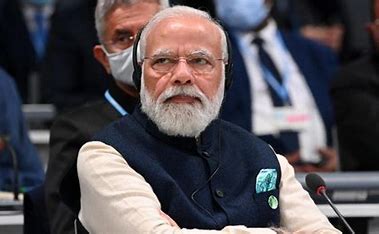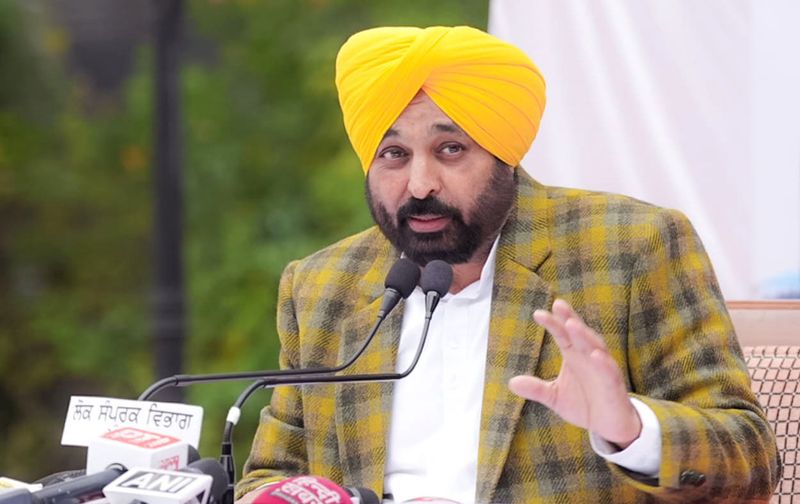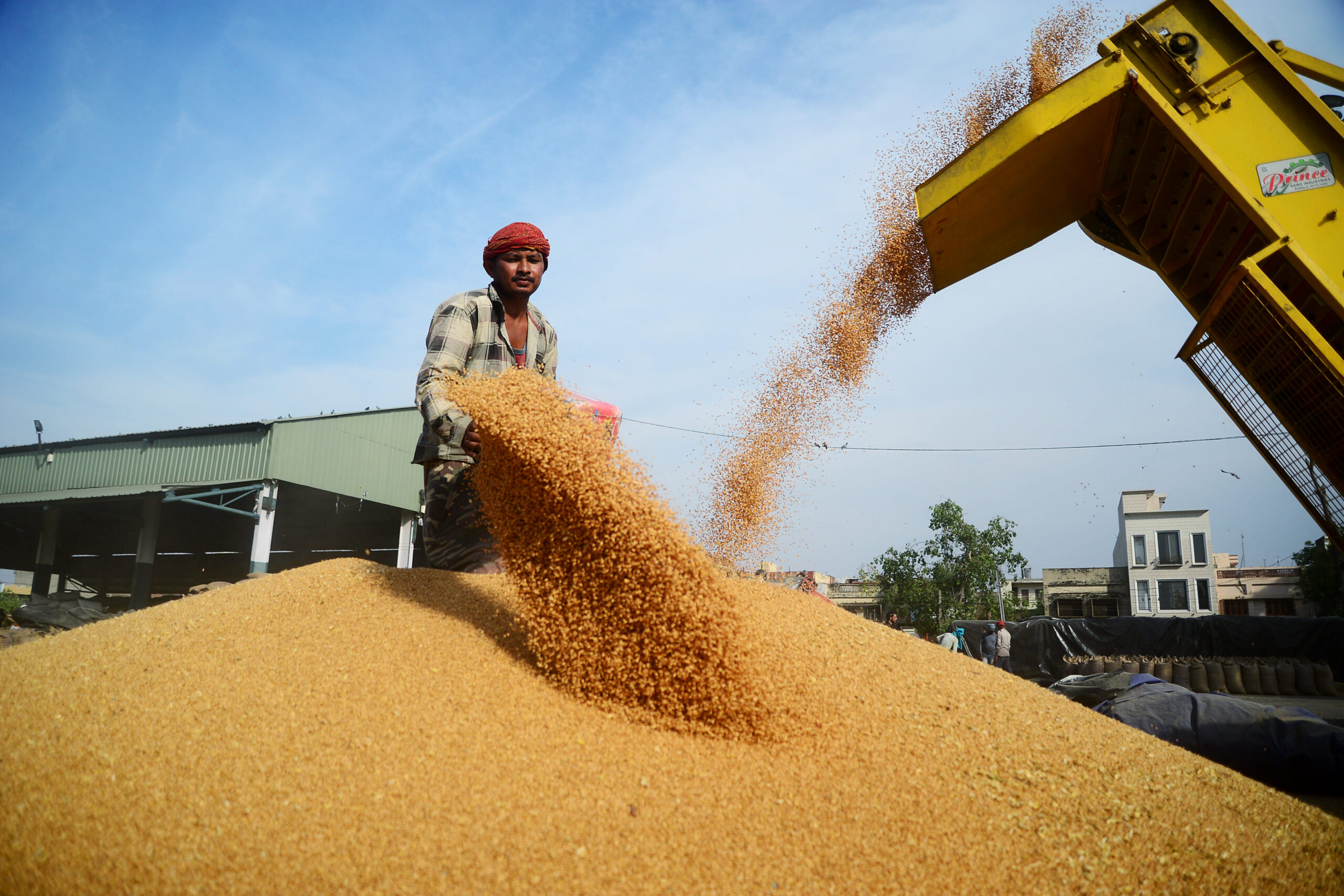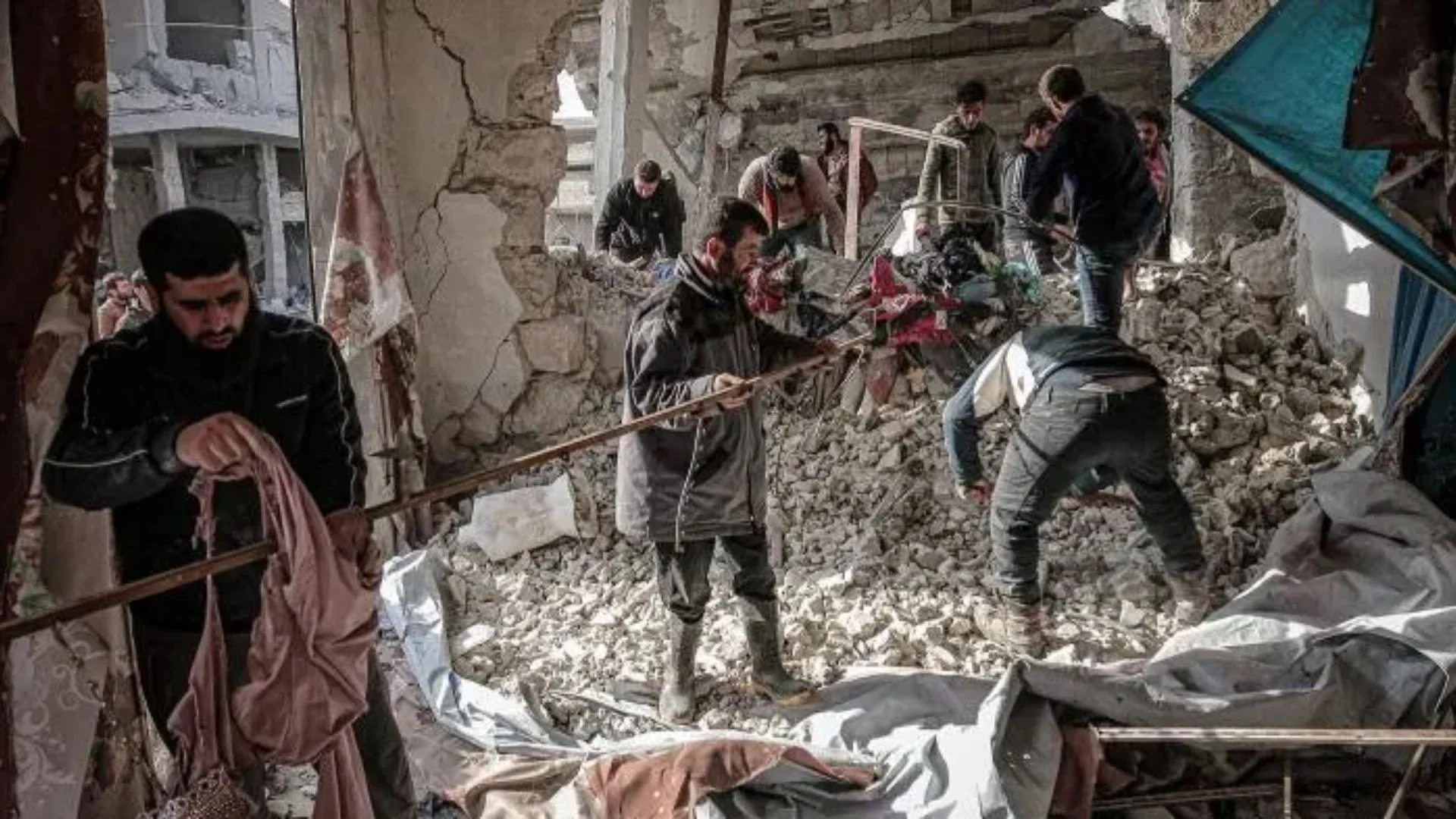After giving prodigious message from the soil of Vienna during his official visit to Austria, “We have given Buddha not Yuddha to the world.” Indian PM visited Poland and Ukraine this week. Both the nations hold a great strategic significance and enjoy trusted partnership with India since a long time. PM Modi reiterated his message to proceed towards a peaceful society and recapitulated India’s commitment towards the global good along with adding a new chapter of partnership with both the nations.
This week, India and Poland advanced their bilateral relations to the level of a strategic partnership, as Prime Minister Narendra Modi and Polish Prime Minister Donald Tusk discussed avenues for enhancing collaboration in areas such as defence and security, trade and investment, as well as digitalization. This visit marked the first time in 45 years that an Indian Prime Minister has visited Poland, underscoring India’s commitment to rejuvenating its relationship with Poland, which is the sixth largest economy in the European Union and an emerging military force in Central Europe. Both the nations already enjoy a trusted relationship as Poland helped India in successfully executing Operation Ganga to evacuate thousands of India students from Ukraine in 2022 by providing a safe passage. On the other hand, this history of helping each other goes back to the days of World War II, when Indian kings provided refuge to thousands of Polish women and children. Poland also respects Indian Knowledge Systems as Polish translation of Bhagwadgeeta was done during the years of 1500-1600 and Sanskrit is taught in the universities of Poland since hundreds of years.
This trip of Indian Prime Minister was focused on elevating the status of a trusted relationship to strategic partnership and collaboration. In addition to establishing a four-year action plan for their strategic partnership that includes cooperation in security, trade, technology, connectivity, counter-terrorism, cyber-security, and health, both nations agreed to finalize a social security agreement aimed at safeguarding the interests of professionals working in each other’s countries.
Indian Prime Minister also characterized the close collaboration in defence as a testament to the profound mutual trust shared between the two nations, emphasizing that this partnership will be further enhanced. On the other hand, Tusk highlighted the potential for authentic synergy between the defense industries of both countries, asserting Poland’s readiness to engage in the modernization of military equipment, backed by its qualifications, companies, and technological expertise. Also, Modi ji also extended an invitation to Polish firms, recognized globally for their prowess in food processing, to participate in India’s mega food parks, while also identifying new avenues for collaboration in sectors such as water treatment, solid waste management, and urban infrastructure. Modi ji pointed out that clean coal technology, renewable energy, and artificial intelligence represent additional fields ripe for cooperation. In return, he noted that India is well-positioned to share its knowledge in fintech, pharmaceuticals, and space exploration. Tusk acknowledged Poland’s significant contributions to India’s green transformation and energy initiatives. Under the framework of their strategic partnership, both nations are committed to maintaining regular high-level engagements, fostering trade and investment, and implementing measures to balance bilateral trade, which currently stands at USD 6 billion, establishing Poland as India’s foremost trade partner in Central Europe.
Tusk and Modi conveyed their profound concern regarding the ongoing conflict in Ukraine and its dire humanitarian implications. They underscored the necessity for a peace that is comprehensive, equitable, and enduring, aligning with international law and the principles outlined in the UN Charter, particularly emphasizing the importance of sovereignty and territorial integrity. The joint statement further articulated their shared perspective that the employment or threat of nuclear weapons is intolerable, asserting that all nations must abstain from any threats or use of force that could undermine the territorial integrity, sovereignty, or political independence of any state.
The two leaders also denounced all manifestations of terrorism, stressing that no nation should harbour individuals or groups that finance, plan, support, or execute terrorist activities. In line with the strategic partnership action plan, institutions from both sides are set to engage in regular consultations focused on security and defense collaboration, aimed at fostering connections between defense industries and modernizing military capabilities.
After having a very fruitful dialogue and results in Poland Indian Prime Minister left for his much-awaited trip to Ukraine by a train. Prime Minister Narendra Modi’s visit to Kyiv, the first by an Indian leader since Ukraine gained independence, is highly symbolic. This visit follows his recent trip to Moscow, where he met with Russian President Putin, a move that was scrutinised by Ukraine and its allies.
So far, while India has called for a ceasefire and peace in Ukraine, it has avoided directly condemning Russia, balancing its longstanding ties with Moscow and its strategic interests in maintaining relations with both Russia and the West. During his time in Kyiv, Modi ji paid tribute to Ukraine’s struggle for independence by visiting the multimedia Martyrologist at the Ukraine National Museum. Additionally, Modi ji visited the Mahatma Gandhi statue at Fomin Botanical Garden, a symbol of peace and non-violence which was unveiled in 2020 on Mahantma Gandhi’s 151st birth anniversary.
One of the key highlights of Modi Ji’s visit to Ukraine is the presentation of the BHISHM (Bharat Health Initiative for Sahyog, Hita, and Maitri) Cube – a cutting-edge mobile hospital designed for disaster management and emergency medical response. This mobile hospital is meant to highlight India’s commitment to providing rapid medical aid in disaster-stricken areas, reflecting the country’s growing role in global humanitarian efforts.
I am looking forward to the moment when Modi ji gives the same message to Zelenskyy what he gave to Putin, “This era does not belong to war, but to development.” Hope both the leaders understand the philosophy behind this message and come to the diplomatic table to end the war. I hope this momentum continues to end the wars, conflicts and rivalries!
The author is Professor, School of International Studies, JNU







